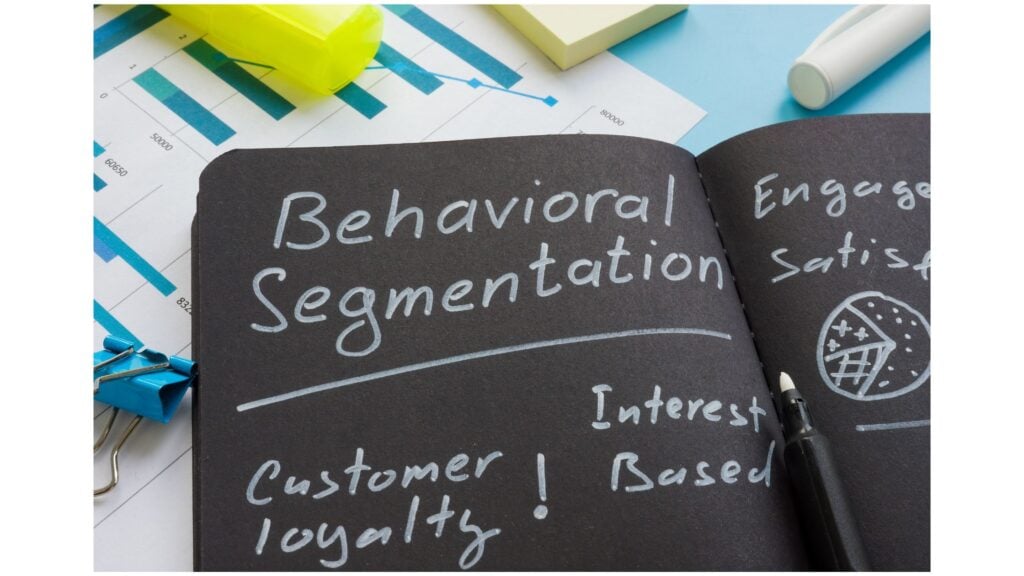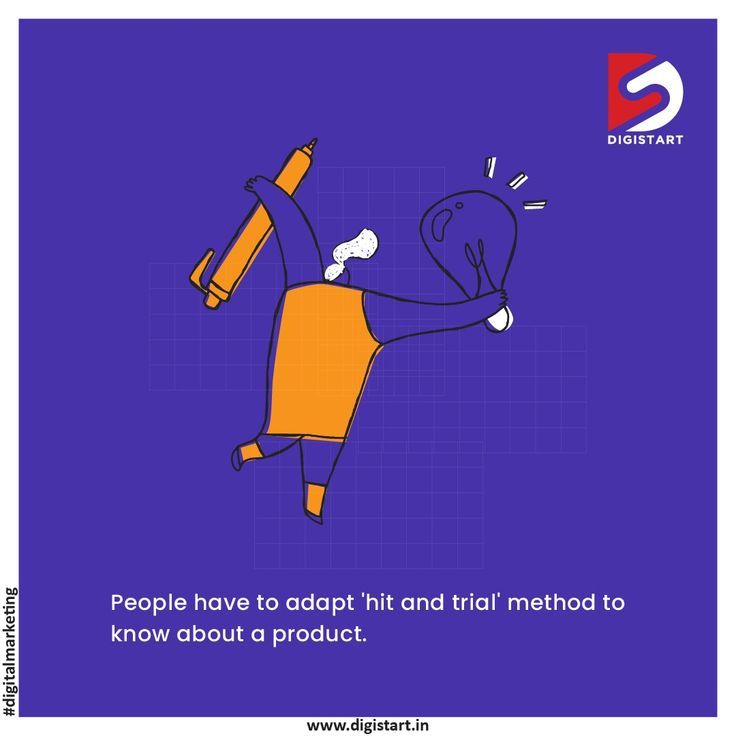Marketing Defined: The Complete Guide to Understanding Its True Essence
Marketing define: the complete guide to understand its true essence
Marketing is oftentimes misunderstood as but advertise or sell products. Still, the best definition of marketing encompass a practically broader and more strategic approach to business. At its core, marketing is about create, communicate, deliver, and exchange offerings that have value for customers, clients, partners, and society at large.
The evolution of marketing definitions
The definition of marketing has evolved importantly over time, reflect changes in business practices, consumer behavior, and technology. Let’s explore this evolution to advantageously understand what marketing genuinely mean.
Traditional definitions
The American marketing association (aAMA)sporadically update its official definition of marketing. Their classic definition describe marketing as “” e process of plan and execute the conception, pricing, promotion, and distribution of ideas, goods, and services to create exchanges that satisfy individual and organizational objectives. ”
This definition focus chiefly on the exchange process and the marketing mix (the famous 4ps: product, price, place, and promotion ) While comprehensive, it ememphasizeshe tactical aspects of marketing kinda than its strategic importance.
Modern definition
The current AMA definition state that marketing is” the activity, set of institutions, and processes for create, communicate, deliver, and exchange offerings that have value for customers, clients, partners, and society at large. ”
This modern definition recognize marketing as a broader organizational function that create value beyond mere transactions. It acknowledges marketing’s role in society and emphasize the importance of relationships with various stakeholders.
Key elements of the best marketing definition
To genuinely understand what marketing is, we need to break down the essential elements that form the best and about comprehensive definition.
Customer centricity
The best definition of marketing places customers at the center of all activities. Marketing begin with understand customer needs, want, and problems. This customer-centric approach drive everything from product development to communication strategies.
Peter trucker, the renowned management consultant, splendidly say,” the purpose of business is to create and keep a customer. ” tThisperspective position market as fundamental to business success kinda than but a departmental function.
Value creation
Superior marketing definitions emphasize value creation over simple selling. Marketing create value by develop products and services that solve real problems, enhance lives, or fulfill desires. This value must be meaningful to customers and differentiate from competitive offerings.
Value creation extend beyond the product itself to include the entire customer experience — from discovery to purchase to after sales support. This holistic view recognizes that marketing encompass the complete customer journey.
Relationship building
Modern marketing definitions acknowledge that successful marketing build last relationships kinda than focus exclusively on one time transactions. These relationships extend to customers, partners, suppliers, employees, and the broader community.
Relationship marketing emphasize customer retention, loyalty, and lifetime value. It recognizes that acquire new customers cost importantly more than retain exist ones, make relationship build a crucial component of effective marketing.
Strategic orientation
The best definition of marketing positions it as a strategic business function kinda than but tactical activities. Marketing strategy aligns with and drive overall business objectives, inform decisions about which market to enter, which customer segments to target, and how to position offerings.
This strategic orientation mean marketing influences fundamental business decisions kinda than but execute campaigns after key decisions have been make.
Marketing as a process
A comprehensive definition of marketing recognize it as an ongoing process kinda than a single event or campaign. This process involve several interconnect activities:
Market research and analysis
Effective marketing begin with gather insights about customers, competitors, and market trends. This research informs all subsequent marketing decisions and strategies.
Market analysis include understand customer segments, identify unmet needs, analyze competitive offerings, and recognize market opportunities. These insights provide the foundation for create value propositions that resonate with target audiences.
Strategy development
Base on market research, marketers develop strategies that define target markets, positioning, and value propositions. These strategies guide all marketing activities and ensure alignment with business objectives.
Strategic decisions include determine which customer segments to serve, how to differentiate from competitors, and what mix of marketing tools to employ. These decisions shape the direction of marketing efforts and resource allocation.
Implementation and execution
Marketing implementation involve execute the marketing mix — product development, pricing strategies, distribution channels, and promotional activities. This execution bring marketing strategies to life in the marketplace.
While implementation include visible elements like advertising and sales promotions, it besides encompass product design, packaging, pricing models, and distribution strategies. All these elements work unitedly to deliver the promise value to customers.
Measurement and refinement
The marketing process include measure results against objectives, analyze performance, and refining strategies and tactics base on these insights. This continuous improvement approach ensures marketing effectiveness over time.
Modern marketing emphasize data drive decision-making, with metrics track everything from brand awareness and customer acquisition to retention rates and customer lifetime value. These measurements inform ongoing optimization of marketing efforts.
Marketing in the digital age
Any current definition of marketing must acknowledge the profound impact of digital technologies on marketing practices. Digital transformation has expanded marketing capabilities while essentially change how businesses connect with customers.
Omnichannel integration
Modern marketing definitions recognize that customers interact with brands across multiple channels and touchpoints. Effective marketing create seamless experiences across these channels, whether physical or digital.
This omnichannel approach require integration of marketing efforts across websites, social media, mobile apps, email, physical stores, and other customer touchpoints. The best marketing definitions acknowledge this complexity and the need for cohesive experiences.
Data drive personalization
Digital technologies enable unprecedented levels of personalization in marketing. The best current definitions recognize marketing’s ability to deliver tailor messages, recommendations, and experiences base on individual customer data.
This personalization extend beyond address customers by name to include customize product recommendations, individualized pricing, and content tailor to specific interests and behaviors. These capabilities have transformed marketing from mass communication to individualized conversations.
Content and inbound marketing
Modern marketing definitions acknowledge the shift from interruption base advertising to permission base content marketing. This approach focus on create valuable content that attract and engage target audiences.
Content marketing recognize that customers actively seek information and solutions, make helpful, relevant content a powerful marketing tool. This inbound approach aligns with the value creation aspect of comprehensive marketing definitions.
Marketing’s relationship to other business functions
The best definition of marketing clarify its relationship to other business functions, recognize marketing’s role in integrate various organizational activities to deliver customer value.
Marketing and sales
While oftentimes confused, marketing and sales are distinct but complementary functions. Marketing create awareness, generate interest, and nurtures prospects, while sales focus on convert interested prospects into customers.
The best marketing definitions acknowledge this relationship while recognize that in some business models, especially digital ones, the line between marketing and sales has blurred as customers self navigate much of the buying process.
Marketing and product development
Comprehensive marketing definitions recognize marketing’s role in inform product development. Marketing insights about customer needs and preferences guide product innovation and improvement.
This relationship make marketing integral to product strategy kinda than but promote whatever products are developed. The best marketing definitions acknowledge this strategic influence on product decisions.

Source: infograsps.com
Marketing and customer service
Modern marketing definitions recognize that customer service is an extension of marketing, influence customer satisfaction, loyalty, and word of mouth. The post purchase experience is as important to market success as pre-purchase communication.
This perspective view marketing as responsible for the entire customer experience, not exactly acquisition. It recognizes that every customer interaction affect brand perception and relationship strength.
Marketing ethics and social responsibility
The best definition of marketing include ethical considerations and social responsibility. Marketing doesn’t exist in a vacuum but operate within broader social contexts with responsibilities beyond profit generation.
Ethical marketing practices
Comprehensive marketing definitions emphasize truthfulness, transparency, and respect for customer privacy. Ethical marketing avoid deceptive practices, manipulative tactics, and exploitation of vulnerable populations.

Source: marketing2business.com
These ethical considerations are progressively important as marketing technologies enable more persuasive and personalized communication. The best marketing definitions acknowledge these ethical dimensions as integral to market excellence.
Social impact
Modern marketing definitions recognize marketing’s broader social impact, include effects on cultural values, environmental sustainability, and community substantially being. Socially responsible marketing consider these impacts in strategy development and execution.
This perspective view marketing as have responsibilities to society beyond serve customers and shareholders. It acknowledges marketing’s influence on social norms, consumption patterns, and resource allocation.
The ultimate definition of marketing
Consider all these elements, the best definition of marketing might be:
Marketing is the strategic business function that identify customer needs, create value through products and experiences that fulfill those needs, communicate that value efficaciously, and build last relationships with customers and other stakeholders — all while consider broader social and ethical implications.
This definition encompass marketing’s strategic importance, customer centricity, value creation, relationship building, and social responsibility. It recognizes marketing as fundamental to business success kinda than but promotional activities.
Conclusion
The best definition of marketing recognize its complexity, strategic importance, and evolve nature. Marketing is far more than advertising or sell — it’s about understand customers deep, create meaningful value, build last relationships, and contribute positively to society.
As businesses face increase competition and quickly change customer expectations, this comprehensive understanding of marketing always become more important. Organizations that embrace this broader definition position themselves for sustainable success by focus on customer value creation instead than short term transactions.
Whether you’re a marketing professional, business leader, or student, adopt this holistic view of marketing can transform your approach to business and your relationship with customers. Marketing, decent understand, is not but a business function but a philosophy that place customer value at the center of organizational success.



